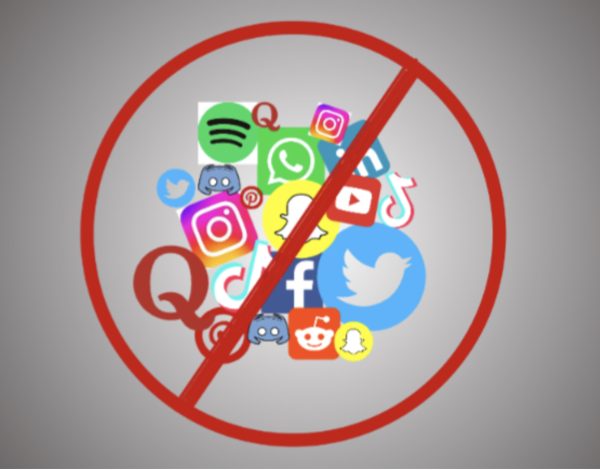Florida’s new sex education bill
A new education bill, House Bill 1069, was filed in Florida’s House of Representative Chamber on Feb. 22. This bill addresses different aspects of sex education and what is allowed to be taught to students in elementary school.
According to the Florida Senate Gov. website, the bill limits the instruction of topics related to sex education.
There is concern about the possibility the bill will restrict education on topics like menstruation.
“As you’re growing up, a certain level of information is needed especially because there are girls who get their periods in elementary school and they need to know what it is and need to have a support system but to not talk about it is not good,” Jayden Jackson, sophomore, said.
Students communicate a sense of humility paired with the restrictiveness of discussing or dealing with menstruation.
“If a girl gets her period in the middle of the day during middle school and a blood spot leaks, boys won’t know and will most likely tease her for her ‘accident’,” Michelle Xiao, senior, said.
Limiting the discussion of menstruation in elementary school could create a stigma that talking about periods and a girl’s body is unacceptable.
“It’ll lead to clouded feelings. The girls are going to feel more restricted and be fearful that the questions they have about their bodies (which are completely valid) could be ‘wrong questions’ or a ‘don’t ask don’t tell’ spectrum,” Xiao said. “The environment created with the passing of this horrendous bill will make girls more confused and ignorant on the subject of puberty and growth.”
Students are also worried this bill will remove the education course “Human Growth and Development.”
“It’s scary because boys and girls are going through a lot of changes going into middle school and it’s already anxiety-inducing and for stuff to be going on to your body and having no clue on what’s going on is scary,” Julie Conway, sophomore, said.
Removing human growth and development removes the teaching of basic human body knowledge. Going into middle school with zero knowledge of this creates controversy about whether this puts students in more danger to themselves and others.
“As you mature certain events are going to happen and if you don’t know how certain things happen or operate, like protecting yourself, the outcomes aren’t going to be great,” Jackson said.
Parents have always had the opportunity to opt out of these educations but removing this in total may leave some kids uneducated on the subject matter because their parents may not teach their kids themselves.
“Girls and boys need to be educated because they need to know what’s okay and what is not. Without that, it’s not going to be good. We should be able to talk about it and normalize it because it is a normal thing,” Conway said.
Jackson, who had support from his mother to learn about sex education, benefited from learning about it in school.
“I personally went through human growth and development in elementary school and middle and it helped me a lot. Even though I have my mom, the slideshows, the presentations, and the teachers being able to answer certain questions helped guide me,” Jackson said.
The bill raises the issue of its effect on young women.
“Girls need to know what’s going on with their bodies. The stress of school, their social lives and then to add on the confusion of their bodies into the mix will make children more stressed and fatigued at a younger age. Which will then prospectively create tired and worn-out teens,” Xiao said.
This bill is raising questions as to what will happen to Florida schools and how it will affect the students within them.
“Sex ed and growth and development are integrated into FL schools for a reason. There is an “opt-out” option, parents and students should be in charge of whether or not they want to learn about this subject, not the governor,” Xiao said.











